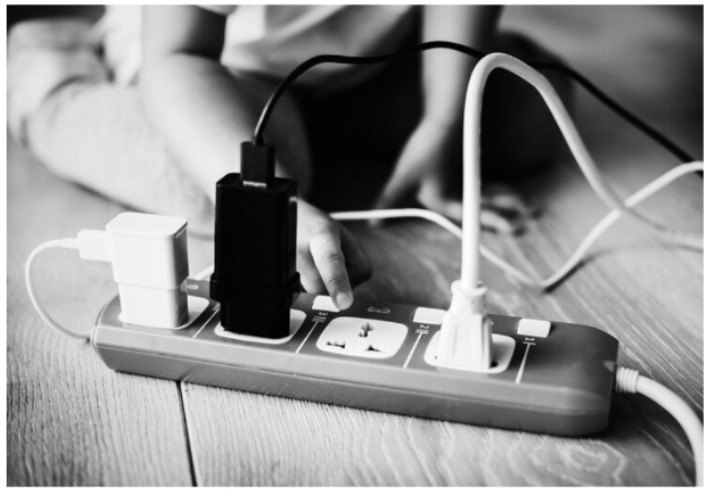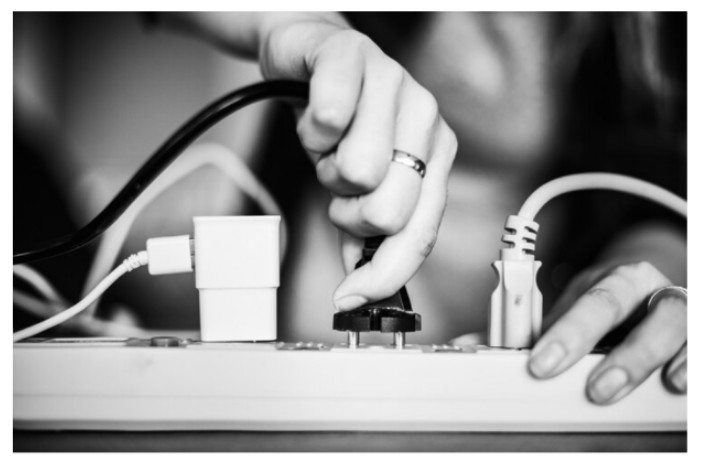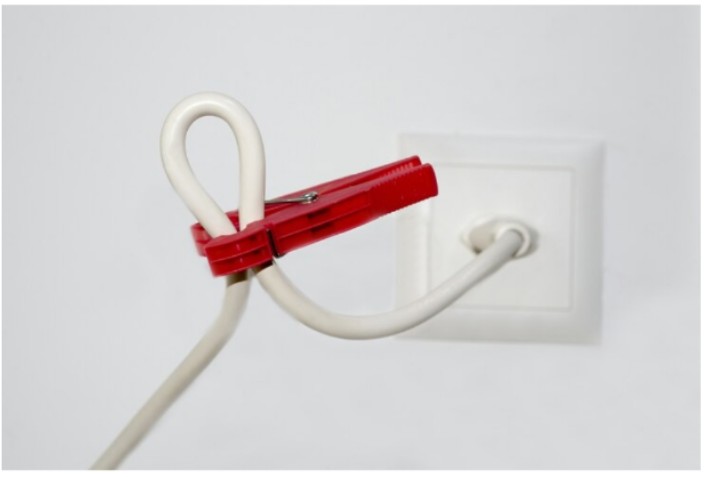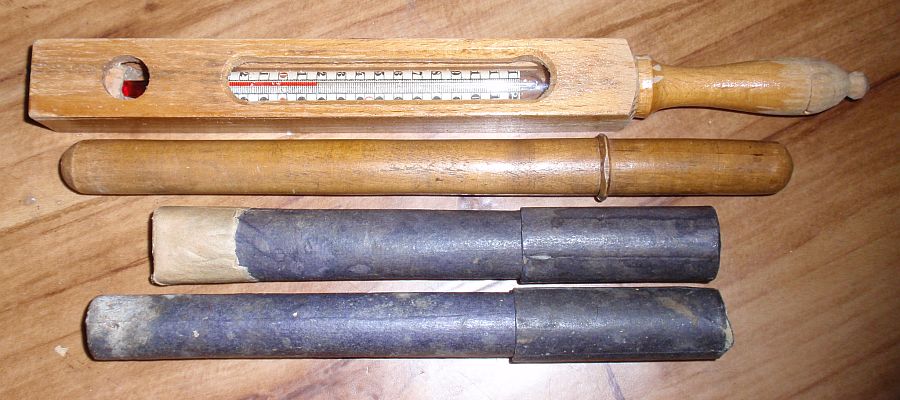Have you ever found yourself getting ready for a trip, confused by the bundles of wires and uncertain which one you should carry with you? The lack of electricity haunts your travel experiences, even at camping sites: your phone is dead, and no charging cable is available.
Do you remember that trip you took? The one which your phone gave up on the first day because you did not take the right cord even though the places you visited were exciting and new. It was an annoying experience. You learned the importance of a proper power cord for travel when visiting uncommon areas.
The right cord for travel can make a difference whether you have a great trip or a series of annoying misadventures. There are some plug types and voltage strength in the world, but there’s only one thing that is always the same: you need to pick the correct charger to have a safe, risk-free. Here are some tips to follow.
How to Choose the Right Travel Power Cord

1. Understand Your Needs
Planning a trip? It’s important to know what gadgets you need.
Consider Your Devices:
- Smartphones: They are key for navigation, communication, and making payments on the move. Did you know that in 2024, 7% of U.S. citizens used mobile payments to book trips?
- Laptops: They are needed for work and leisure. By 2024, over 61.95% of all online traffic came from cell phones.
- Cameras: They hold a special place for saving memories. With social media and photo-sharing sites becoming popular, a good camera for recording your journey matters.
Check Voltage Requirements
Different nations use different levels of voltage, usually from 100V to 240V. Make sure your gadgets can manage the voltage where you’re going to prevent harm. For instance, many nations fall in the 200s, like the countries with 208-, 220-, 230-, or even 240- Volt supply.
Determine Travel Destinations
Look into the kinds of plugs used where you’re going. For example, Type G plugs are standard in the UK. But many places in Europe use Type C or E/F plugs. This information can guide you in picking the right cords for your travels.
Therefore, choosing suitable power cords from the right source is crucial. You could check out the options provided online. Such a company offers a wide range of power cords that work well with all kinds of devices and places.
2. Types of Power Cords

Adapters vs. Converters
Adapters are simple devices that help you connect to foreign outlets. They don’t alter power levels, making them ideal for devices that can manage different power levels.
Universal adapters are handy because they fit multiple plug types. It lessens the stress of having to change chargers when visiting different locations.
Converters: For machines that can’t manage the local power, these are crucial. They change the power levels to match your apparatus’ needs. They may weigh more and may cost more than adapters.
Pros and Cons
| Type | Pros | Cons |
| Adapters | Lightweight, easy to carry | It does not convert voltage |
| Converters | Protect devices from voltage damage | Heavier and can be more expensive |
When to Use Each
Use an adapter for dual-voltage gadgets like laptops and phones. For single-voltage devices such as some hair dryers or electric shavers, a converter works best. Nowadays, universal travel adapters are available. They plug into any outlet, so you can easily power up your gadgets when their batteries run out while on the move.
Choosing the Right Power Cord
When selecting a power cord for travel, consider the following essential tips:
1. Universal Adapters
Put your money on a multi-use adapter that can handle different plugs. This adaptability keeps you from carrying several adapters. Such adapters are the top travel gear because they lighten the load of changing chargers and essential gadgets when going to various destinations.
2. Number of Ports
Search for safety elements like surge protection to keep your gadgets safe from sudden voltage jumps. It’s important to have surge protection to stop your devices from getting damaged because of changes in voltage.
3. Safety Features
Think about adapters that come with USB ports or wires already included. It can cut down on the cords you have to bring with you. Adapters that have things like USB ports make packing simpler. Plus, they make charging your gadgets on the move straightforward.
Additional Considerations

1. Understand the Country’s Guidelines
Understand the electric guidelines of the area. Confirm that the energy source matches the needs of your gadget. Knowing the energy level and connector shapes in the places you’re going to is essential. It keeps your power cables working right and safe.
2. Avoid Damaged Cords
Avoid plugging in too many devices into one socket, particularly in older buildings with potentially old cables. Faulty wires or a surplus of plugged devices could be risky and possibly harm your gadgets. Always consider safety first while using electrical cords in places you’re unfamiliar with.
Conclusion
Selecting the right power cord for travel is not just an organizational aspect; it’s a vital process for a worry-free trip. When you prepare for your upcoming excursion, consider strategize for your electrical needs.
Don’t forget that just a little preplanning can provide immense comfort and tranquility, enabling you to deeply involve yourself in the exciting opportunities that lie ahead. Have a safe journey!






